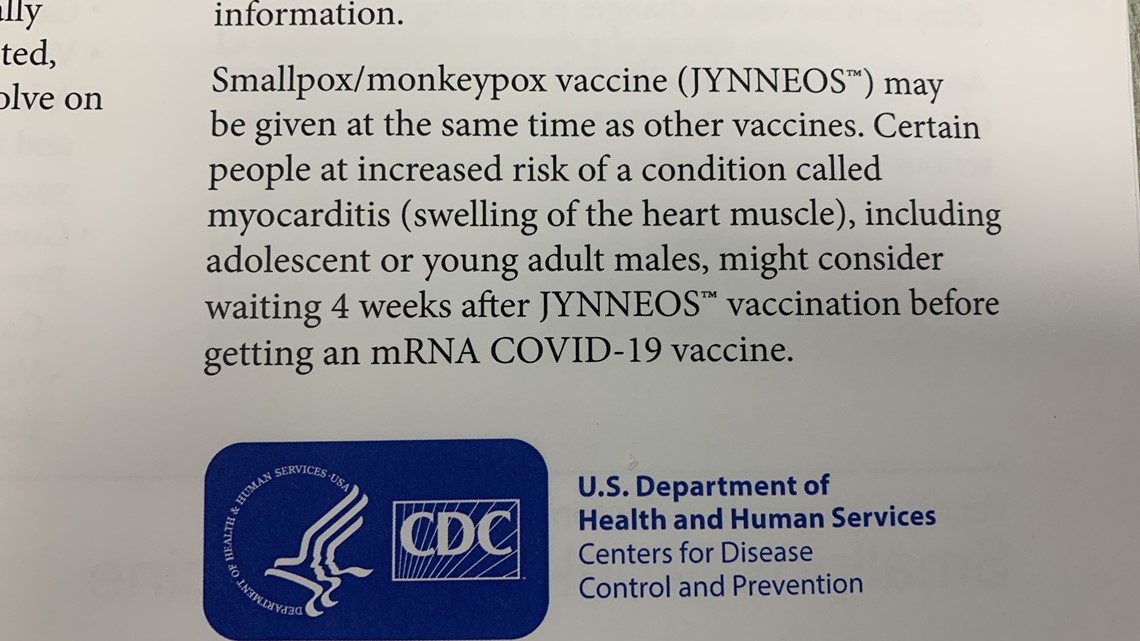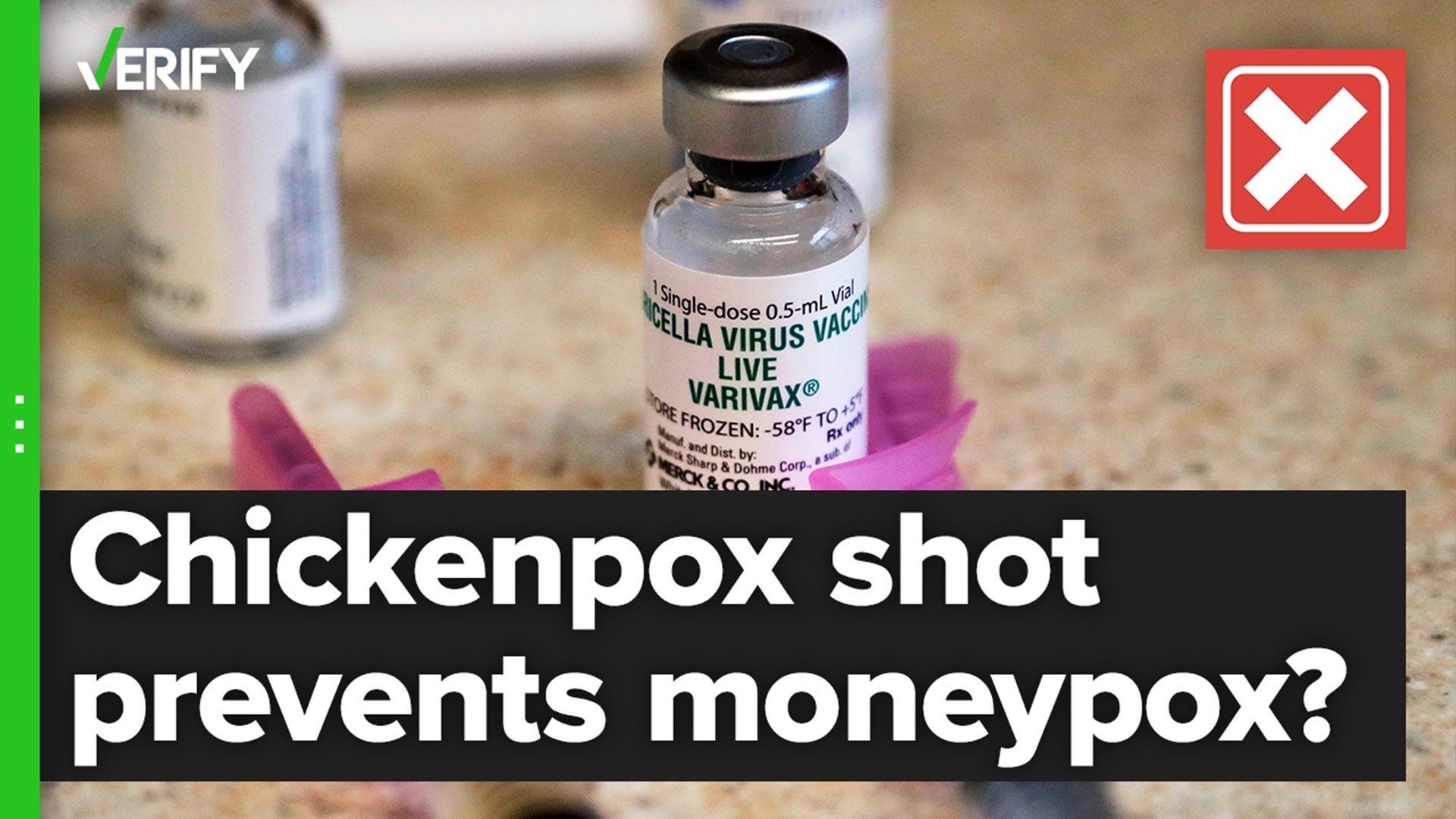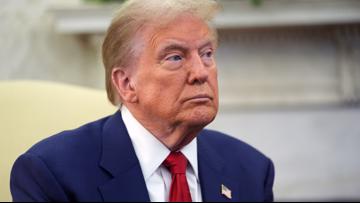CHARLOTTE, N.C. — The FDA announced plans to allow providers to squeeze more doses out of their current monkeypox vaccines, administering them differently, in order to help local health departments work through their waiting lists quicker.
With more people able to get their shots quicker, doctors say there are some factors monkeypox vaccine recipients should know when it comes to timing it with other shots, especially with COVID-19 vaccines remaining a priority for public health officials.
The Question
Does a person need to space out receiving the monkeypox and COVID-19 vaccine?
The Sources
- The CDC
- Dr. David Priest, infectious disease specialist, Novant Health
The Answer
Doctors might recommend some people to wait several weeks between a monkeypox shot and a COVID-19 shot, while others may get the vaccines closer together.
"In general, most vaccines can be given at the same time as this vaccine," said Priest of the JYNNEOS monkeypox vaccine.
According to CDC guidance on the vaccine, a person getting another shot alongside the monkeypox shot would only have to get them in different parts of the body.
However, some concern arises when it comes to the mRNA-based coronavirus vaccines.
"As we know, very small numbers of patients with COVID vaccine have had myocarditis, particularly young men," Priest said. "There's the potential for that with the JYNNEOS vaccine. So, the caution is about being careful about using those together."
While the risk for concern is still relatively low, the CDC still recommends those with worries over myocarditis, or inflammation of the heart muscle, to space their monkeypox and COVID-19 shots out by four weeks.


There are exceptions, however, that would allow a person to get them closer together.
"In a situation where you're a high-risk exposure, and we're giving the vaccine as a post-exposure prophylaxis, as we call it, we would give those together," Priest said, noting the benefits of doing so would outweigh the minimal risks of heart problems.
Anyone with questions about their specific case should consult their doctor.
Contact Vanessa Ruffes at vruffes@wcnc.com and follow her on Facebook, Twitter and Instagram.
VERIFY is dedicated to helping the public distinguish between true and false information. The VERIFY team, with help from questions submitted by the audience, tracks the spread of stories or claims that need clarification or correction. Have something you want VERIFIED? Text us at 704-329-3600 or visit /verify.












